- Seven civilians, including infant, killed in junta airstrikes on Kyauktaw and Mrauk-U
- The Mizoram Hard Journey (or) Sailing Up the Kaladan
- Arakan Army expands operations into Sagaing Region, seizes four junta camps
- ULA purchases paddy from farmers amid market shortage in Arakan State
- After Arakan fighting, Taungup residents struggle to rebuild homes
Arakan State military governing body will help returnees find jobs, colonel says
“I am facing difficulty for livelihood because I am jobless in Arakan State. I returned home because factories in Yangon are suspended due to the protests,”
20 Mar 2021

DMG Newsroom
20 March 2021, Sittwe
The Arakan State Administration Council (ASAC) is arranging to secure jobs for migrant worker returnees in the state, according to Colonel Min Than, a member of the military-led ASAC.
“If returnees are jobless, the Arakan State Administration Council will arrange to get a job for them. There are jobs related to agriculture and livestock in the state. However, I do not know in detail,” he told DMG.
The council is also helping Arakanese people to return from Yangon Region to Arakan State, Colonel Min Than said.
Ma Soe Moe Kyi, from Yay Nan Chain village in Minbya Township, had recently returned from Yangon Region when she spoke to DMG.
“I am facing difficulty for livelihood because I am jobless in Arakan State. I returned home because factories in Yangon are suspended due to the protests,” she said.
Ma Myat Aye Khaing from Kyauktaw town said she wanted the ASAC to create job opportunities for returnees who now find themselves jobless.
“I returned to Arakan State and I am jobless now. I am facing difficulties for the livelihood of the family. I want the current government to create job opportunities for us,” she said.
Formerly employed in Yangon, some Arakanese people returned to Arakan State as factories in the commercial capital suspended operations due to COVID-19, while about 2,000 people have returned to Arakan State since the military’s February 1 coup, said Ko Min Thuta of the Arakan Social Aid Association (Yangon).
Multiple factories were set ablaze on March 14 as security forces carried out a violent crackdown on anti-coup protesters in Hlaing Tharyar, an industrial suburb of Yangon where internal migrants are concentrated.
Meanwhile, factories and workshops in neighbouring Shwepyithar Township have also been shuttered due to the political crisis, leaving many Arakanese migrants without wages and lacking the funds to return to their hometowns.




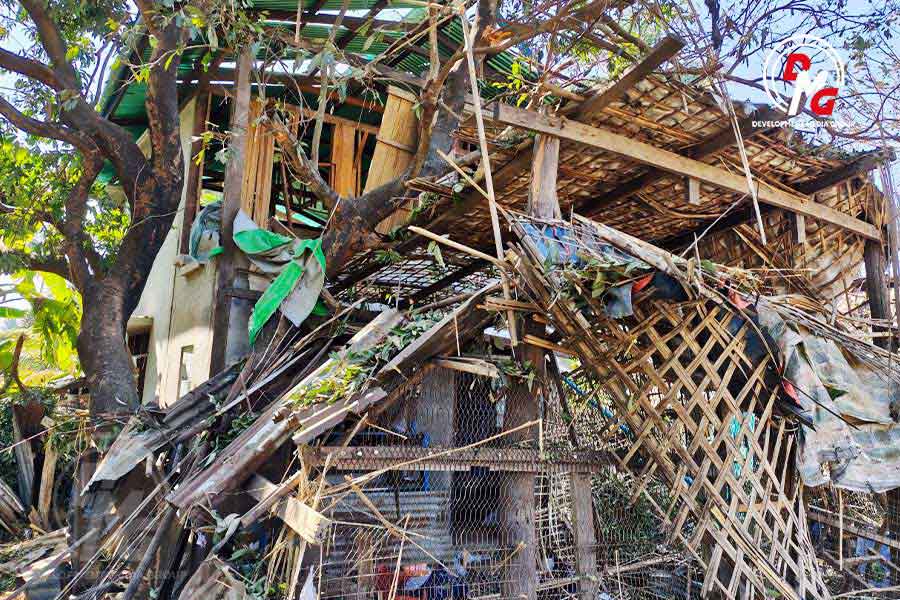
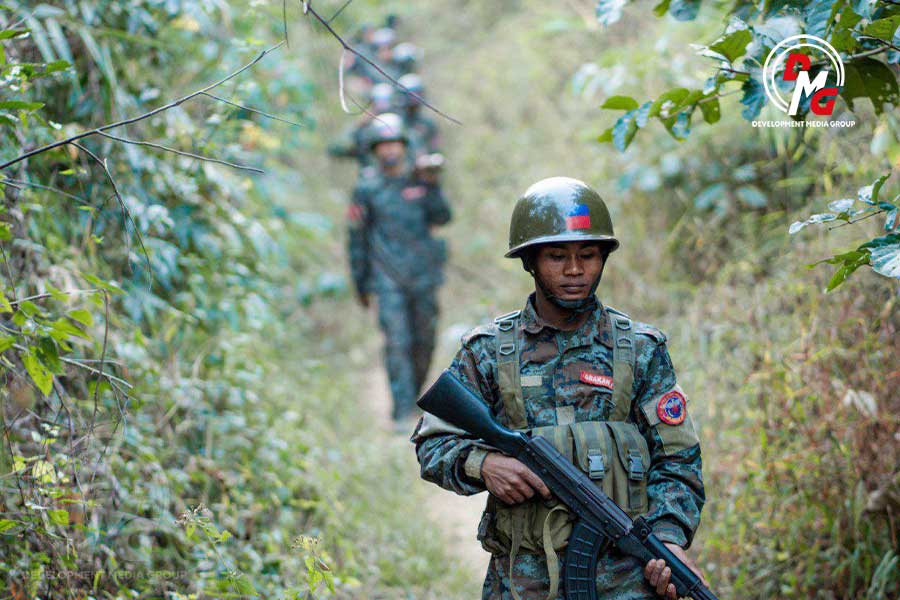
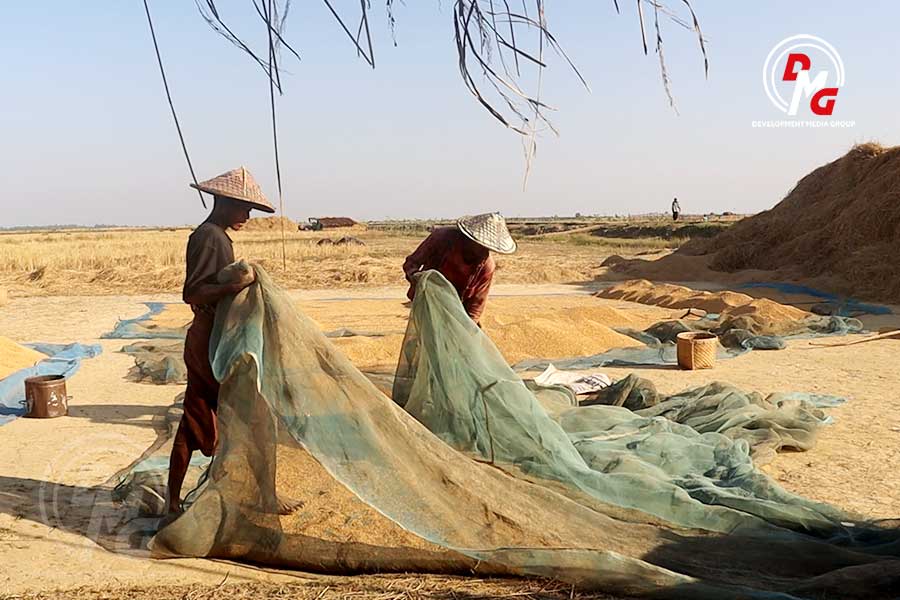
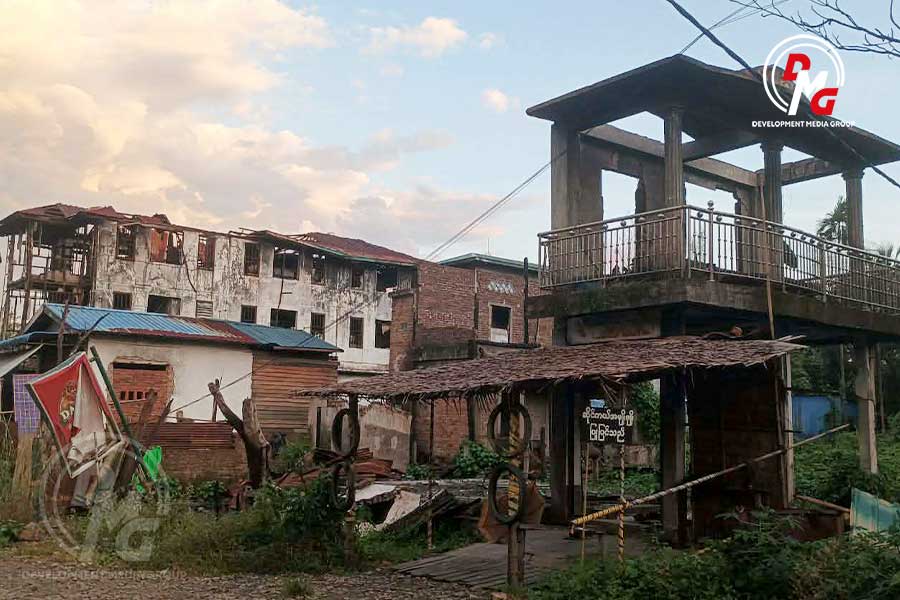
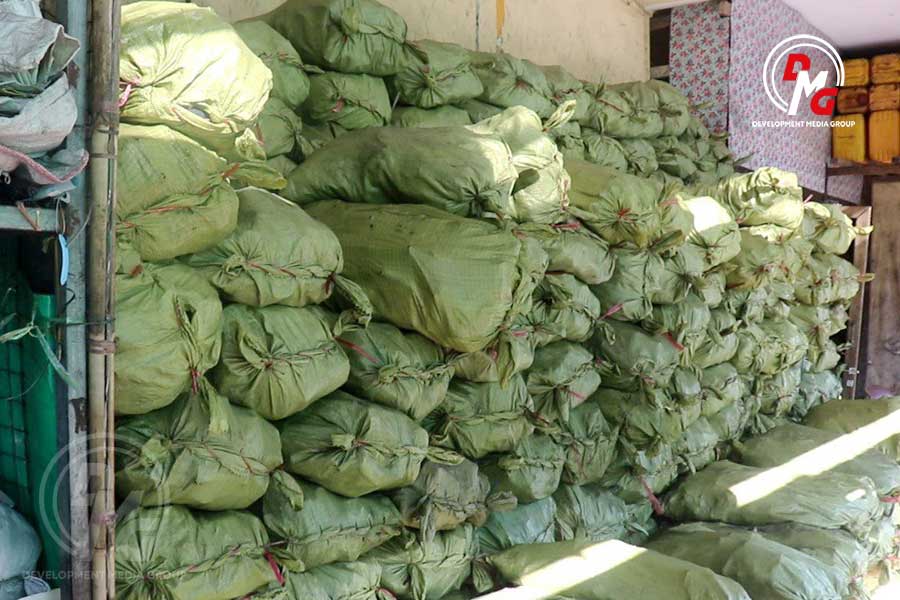







.jpg)
